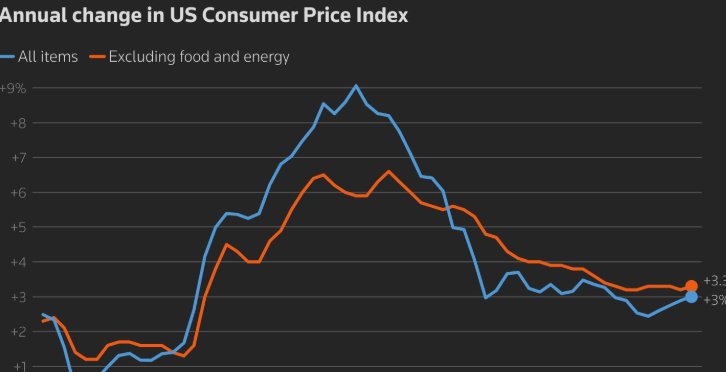$ARAMCO #OilPrices #OPEC #SaudiAramco #CrudeOil #EnergyMarkets #GlobalEconomy #Inflation #Investing #Commodities #FinancialNews
In recent developments, Saudi Aramco has announced its decision to adjust crude oil prices for all its global buyers in the upcoming month. This move comes on the heels of an OPEC+ agreement to increase supply, surpassing the expectations of many industry analysts. The latest saudi news reveals that European customers will face the steepest price increases.
How Will Saudi Arabia’s Decision to Hike Oil Prices Affect Your Wallet?
European Buyers to Bear the Brunt
According to the newly released price list by Aramco, the cost of Saudi crude for European markets will see an increase of $1.40 per barrel starting from July. This notable rise could potentially ripple through the economy, affecting everything from manufacturing costs to the prices consumers pay for goods and services.
Variable Adjustments Across Different Regions
For Asia, the scenario presents a slightly less severe impact, with increments ranging from $0.90 to $1.30 per barrel. This variation in pricing could influence the cost dynamics in various sectors, including transportation and production, which are heavily reliant on crude oil.
Meanwhile, North American consumers can breathe somewhat easier, as the adjustments here are the most modest. Prices are projected to rise only between $0.20 and $0.40 per barrel. This smaller increase might result in less immediate financial pressure compared to their European and Asian counterparts.
Economic Implications and Consumer Impact
The decision by Saudi Aramco to escalate oil prices aligns with broader economic trends and the responses of other major producers in the oil market. As oil prices are a critical component in the basket of goods used to measure inflation, this hike could exacerbate inflationary pressures already being felt worldwide.
Furthermore, for businesses that rely heavily on oil, the increased costs could mean higher operational expenses, potentially leading to elevated prices for consumers. On a broader scale, these adjustments in oil prices could influence economic policies and consumer spending habits.
Strategies for Mitigation
To cope with rising oil prices, individuals and businesses might need to consider strategies to reduce their dependency on oil. This could include increasing energy efficiency, exploring alternative energy sources, or adjusting budgets to accommodate higher fuel costs. Additionally, investors might view this as an opportunity to assess their portfolios, particularly if they are exposed to the energy sector.
In conclusion, the decision by Saudi Aramco to raise oil prices is set to have a diverse impact across different global regions. While some areas might feel a sharper pinch, the overall economic landscape will inevitably feel the effects of this pivotal move in the oil industry. For more insights into how market dynamics affect investment opportunities, explore our dedicated financial news section.











Comments are closed.